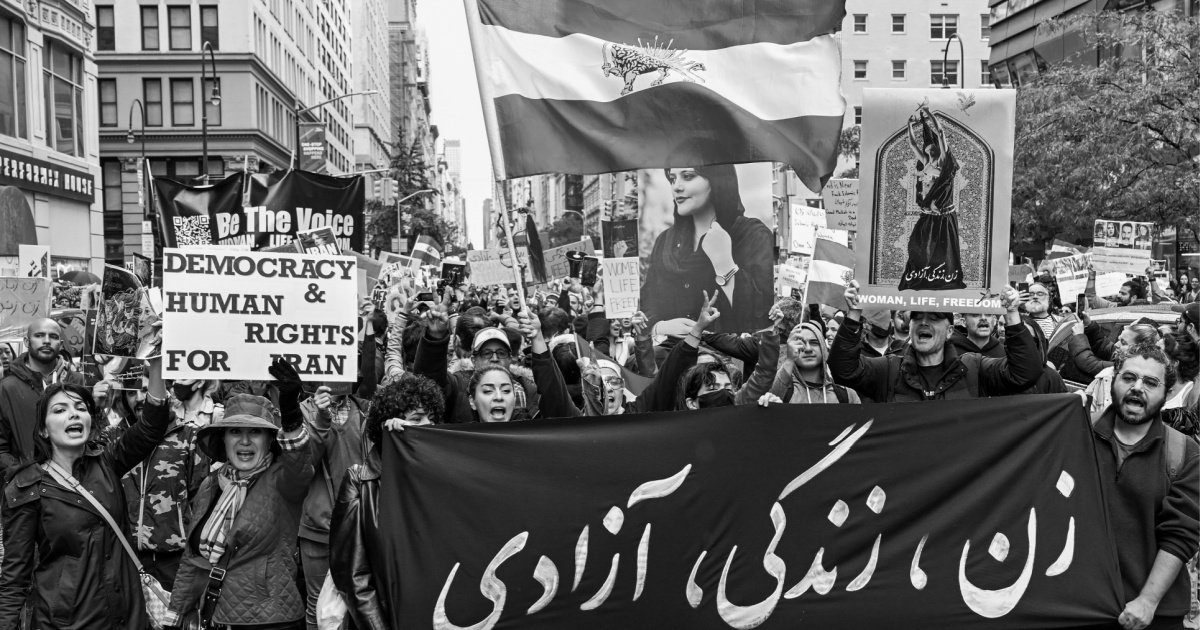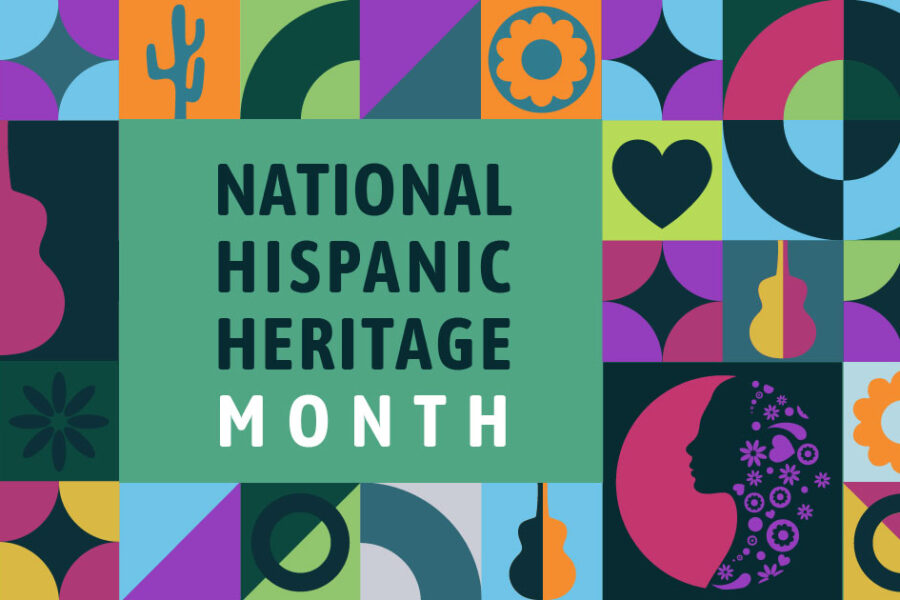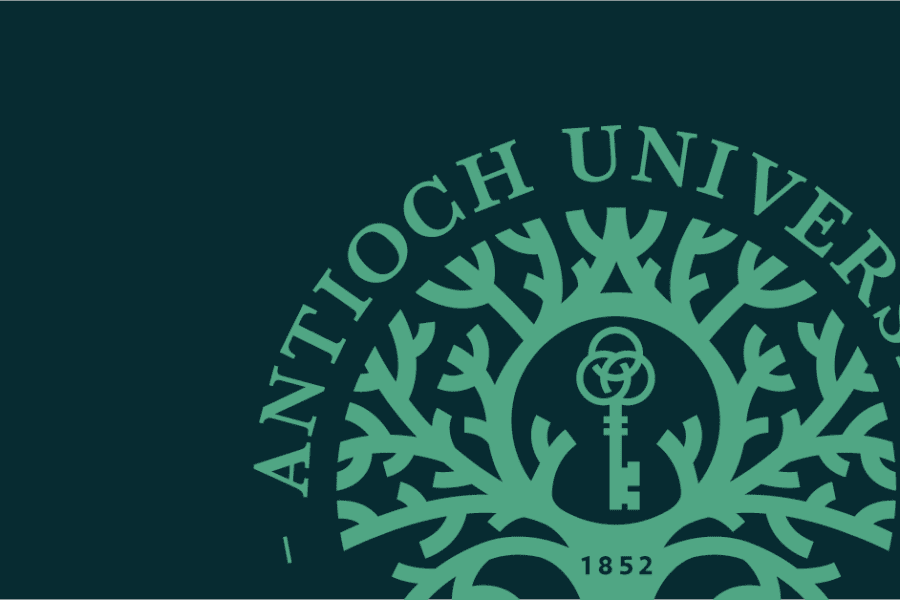We are coming up on the first anniversary of the death of Mahsa Amini in Iran and the civil rights protests that it kicked off. It is a fitting time to speak out in support of these protesters and the work of all people fighting for women’s rights, freedom, and democracy.
Let me remind you of these protests’ history, which is unfortunately a violent story. On September 14 of last year, a 22-year-old Kurdish-Iranian woman named Mahsa Amini was driving with her family in Tehran, when that country’s Moral Security Police arrested her for wearing tight pants and a loose headscarf, in violation of the mandatory hijab law. After her arrest, police tortured and eventually killed her. When word of Amini’s death reached the public, a series of street protests began, which quickly spread across the country and continued for months. Protesters called for the dissolution of the Moral Security Police, revocation of the hijab law, prosecution of those who killed Amini, civil rights for women, and the overthrow of the theocratic regime led by Ayatollah Khomeini and its replacement by a democratic system. Antioch University stands in solidarity with these goals, and with the great bravery of the protesters.
Unfortunately, the reaction of the police and military was brutal. According to Iran Human Rights, the regime arrested over 19,000 protesters, security forces killed over 500 protesters during their repression of the protests, and the Iranian judicial system has since then executed seven protesters with ten others sentenced to be killed. The protests were forced underground by this extraordinary state violence.
Nonetheless, the protests’ slogan, “Woman, Life, Freedom,” lives on. These words originate with the Kurdish independence movement, which is fitting as Mahsa Amini was herself ethnically Kurdish, but so many across Iran and the world saw in them the vital connection between women’s rights, the right not to be killed by the state, and freedom. Indeed, these goals are still only partially fulfilled by even the most tolerant political systems around the world, including here in the U.S. It continues to be important that we step up and speak out to affirm these goals.
Sometimes when we hear about atrocities happening in far-away places, we may wish it were different but ultimately we end up feeling powerless and unable to change anything. To some degree these feelings of powerlessness are true: as one person or even one university we cannot on our own make many of the changes we wish to see in the world. But our power comes when we act collectively, coming together to say, “This is not okay” and to push for something better. On a global level, we can do this by speaking out and encouraging our elected representatives to use their offices to support protesters like those in Iran. But our power also exists on a local level, when we engage in our own communities’ struggles towards justice. There is a special power when we connect our own fights to similar local struggles happening around the world.
One way that those of us living in the U.S. can act in tandem with Iranian protesters is by fighting for women’s rights and trans rights at home. The right for those of us who can get pregnant to access healthcare—which was recognized as a constitutional guarantee from 1973-2022—has been canceled across large swaths of the U.S., and it is imperiled nationwide. I have written about this issue before, and I continue to think it is of the utmost importance. Unfortunately, today the same coalition of largely religious conservatives that is fighting to strip away abortion rights is advancing a parallel assault on the civil rights of trans people by banning and criminalizing their healthcare. In both these cases, we face domestic attacks on our freedom and liberty. I strongly believe that fighting for civil rights in our local contexts is a powerful way to express solidarity with the Iranian protesters—with one goal being that we ensure that the U.S. can with integrity serve as a champion of democracy and human rights. We must practice what we preach.
Another way that local activists are pushing for change that has global consequences is in the push to decarbonize our economy and replace our dependence on oil with renewable energy sources. I have spoken out in the past about the strong connection between oil-exporting countries and authoritarianism. Across our world, from Russia to Saudi Arabia and from the United Arab Emirates to the Islamic Republic of Iran, immense oil wealth props up presidents-for-life, sheikhs, and ayatollahs. Oil wealth gives their regimes power even when their repressive actions fly in the face of the will of those they govern—to say nothing of basic human rights. It should be lost on no one that this oil wealth comes from the exact same substances (oil and natural gas) that when burnt account for more than half of greenhouse gas emissions worldwide. (Coal accounts for almost the entire remainder.) Weaning our world from dependence on fossil fuels will not only mitigate and slow the dangers of climate change, it will also weaken the illegitimate power of some of the most repressive regimes around our world.
For those of us in the Antioch community with immediate connections to Iran, I hope that as you mark this sad anniversary, your families and friends are safe. And I hope that Iran will know freedom again, soon. But protest and the fight against injustice are not the sole responsibility of people in Iran. We all must continue in the fight for social, economic, and environmental justice worldwide.
Sincerely,
Bill




